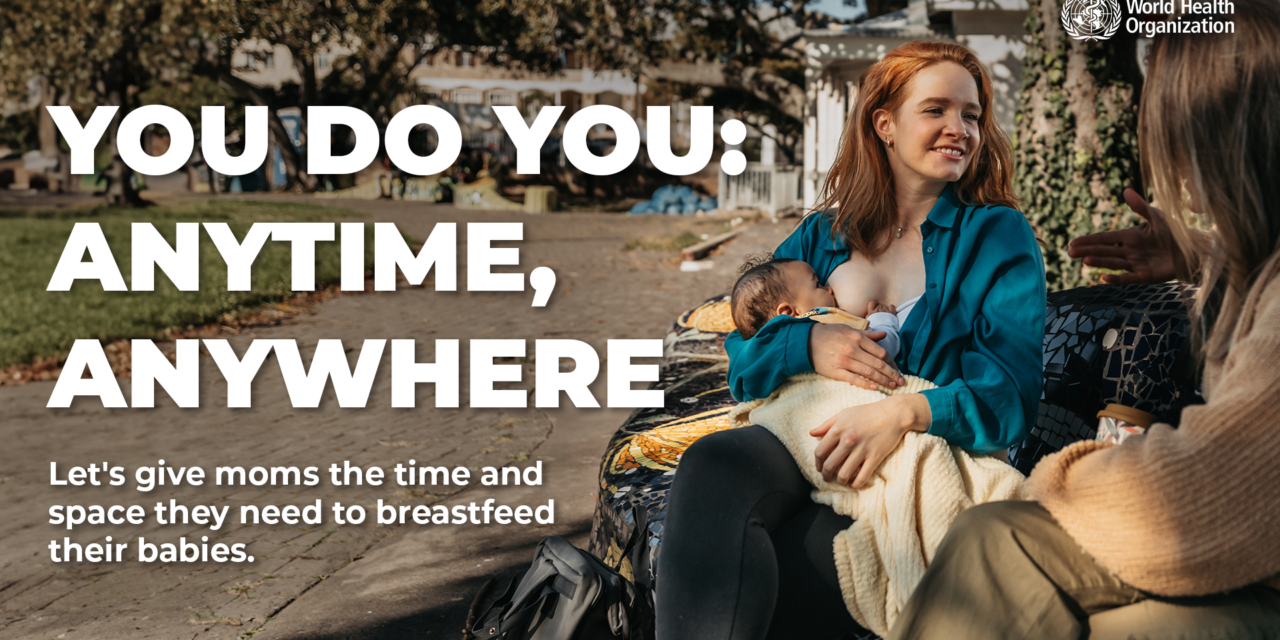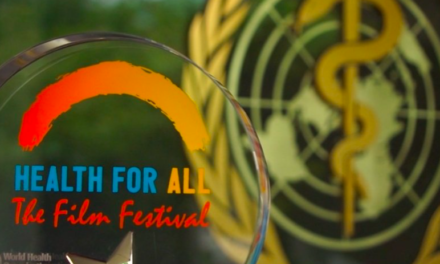Breastfeeding support for all
World Breastfeeding Week is held in the first week of August every year, supported by WHO, UNICEF and many Ministries of Health and civil society partners. The theme for 2024 is Closing the gap: Breastfeeding support for all.
The campaign will celebrate breastfeeding mums in all their diversity, throughout their breastfeeding journeys, while showcasing the ways families, societies, communities and health workers can have the back of every breastfeeding mum.
- This World Breastfeeding Week, let’s appreciate breastfeeding mums and ensure they get the support they need.
- Breastfeeding support comes in many forms – from staff welcoming breastfeeding in your local café to helpful advice from a health worker or maternity protections from your government. These all help protect the health and rights of women and babies.
- Women everywhere have the right to respectful breastfeeding counselling from trained health care providers, as well as laws and policies like maternity leave and provisions like paid time off when you go back to work.
- We can all help ensure women feel able to breastfeed anytime, anywhere – and work to improve the position and condition of women at home, at work and in public life.
What is needed to support mums
- Support for women to breastfeed anytime, anywhere, so that it is normalized and not censured in public life
- Effective maternity entitlements that do not force women to choose between their families and their work
- Trained health professionals who can provide helpful, respectful breastfeeding support
- An end to exploitative baby-milk promotions in all contexts
Key facts
- Every infant and child has the right to good nutrition according to the “Convention on the Rights of the Child”.
- Undernutrition is associated with 45% of child deaths.
- Globally in 2022, 149 million children under 5 were estimated to be stunted (too short for age), 45 million were estimated to be wasted (too thin for height), and 37 million were overweight or obese.
- About 44% of infants 0–6 months old are exclusively breastfed.
- Few children receive nutritionally adequate and safe complementary foods; in many countries less than a fourth of infants 6–23 months of age meet the criteria of dietary diversity and feeding frequency that are appropriate for their age.
- Over 820 000 children’s lives could be saved every year among children under 5 years, if all children 0–23 months were optimally breastfed. Breastfeeding improves IQ, school attendance, and is associated with higher income in adult life. (1)
- Improving child development and reducing health costs through breastfeeding results in economic gains for individual families as well as at the national level.












